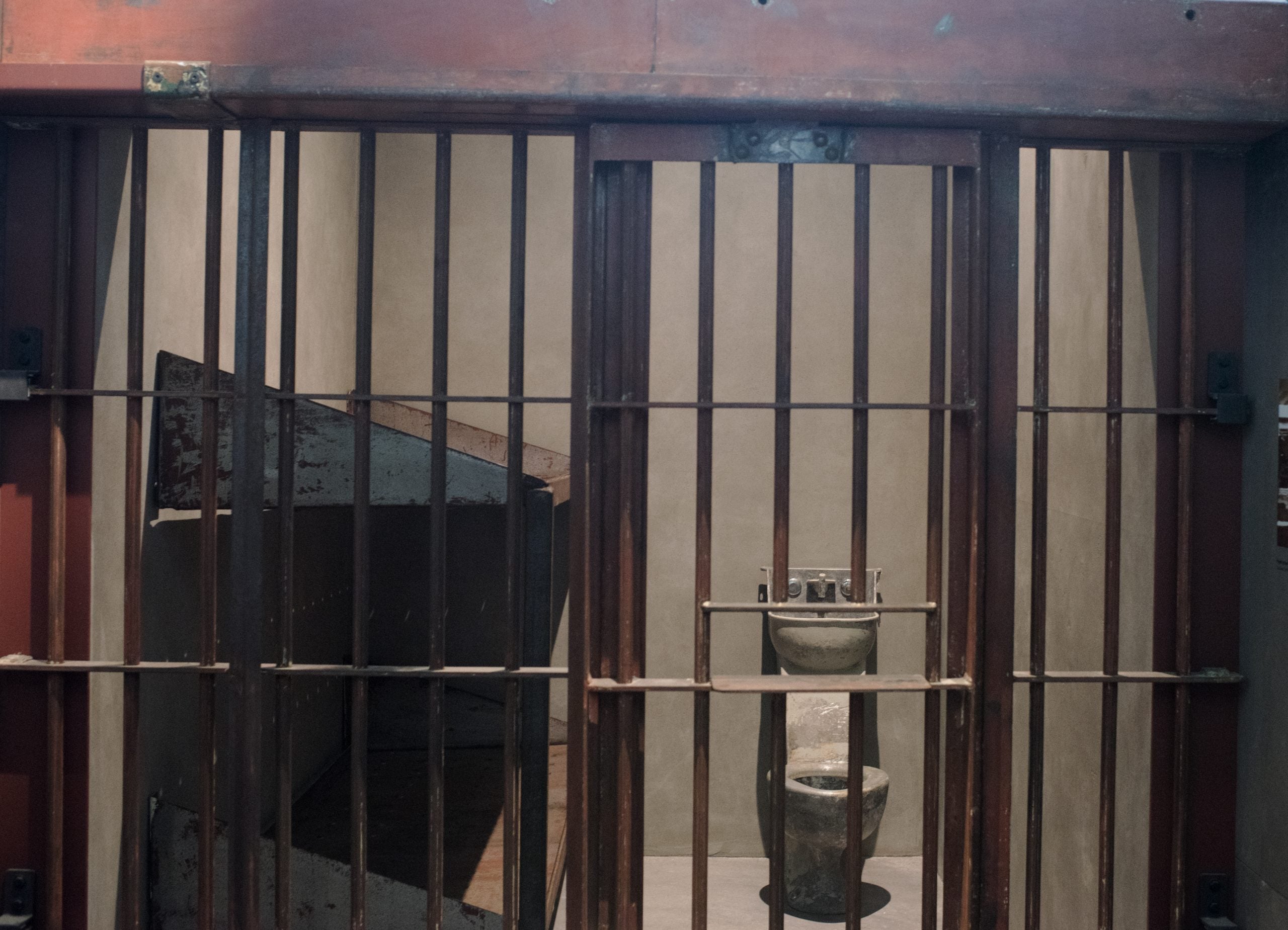
The Louisiana Supreme Court decided last week that it will not hear the case of Fair Wayne Bryant, a Louisiana man serving life in prison for attempting to steal hedge clippers from a carport in 1997. According to The Lens Nola, the denial comes after a lower appeals court upheld the life sentence last year.
For more than two decades, Bryant has been held at Angola Prison, the largest maximum-security prison in the United States. He was sentenced there at 38-years-old after prior felony convictions, three of which were nonviolent, made him susceptible to Louisiana’s repeat offender statutes. Now, at over 60, Bryant feels he’s done more than his share of time for the offense. And he’s not alone.
In a lone dissent, Louisiana Supreme Court Justice Bernette Johnson accused the court of upholding the “modern manifestation” of “Pig Laws” which, as she notes, were largely designed to re-enslave African-Americans. These racially motivated laws contributed to the expansion of the Black prison population nearly one hundred years before Richard Nixon declared a War on Drugs. Johnson is the court’s first Black chief justice and the only Black judge on the bench. She was the only one to disagree with the court’s decision to deny Bryant’s case review.

Johnson’s blistering disapproval outlined a history from slavery through today that has kept Black people, men overwhelmingly, behind bars without real merit. In fact, Johnson notes that Bryant’s life sentence violates his constitutional right because it constitutes excessive punishment. Louisiana’s Constitution states that if the penalty “makes no measurable contribution to acceptable goals of punishment or amounts to nothing more than the purposeful imposition of pain and suffering and is grossly out of proportion to the severity of the crime” it is unconstitutionally excessive.
Fair Wayne Bryant is one man who represents a justice system often criticized for its inability to dole out justice.